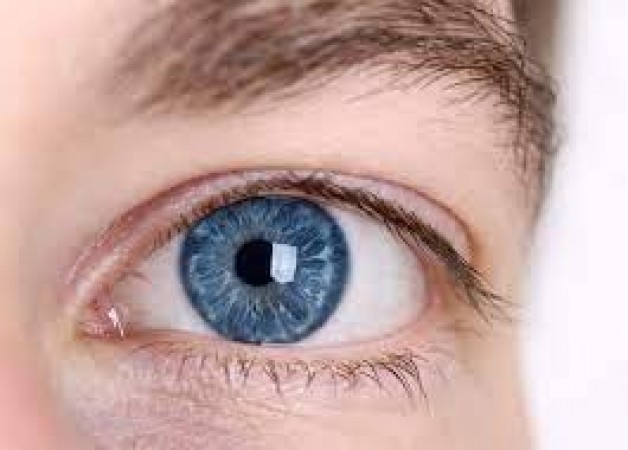The cornea is a vital part of our eye, responsible for clear vision and focusing light onto the retina. Any defect in the cornea can potentially lead to vision problems, and in severe cases, even blindness. In this article, we will explore the symptoms, causes, and prevention of corneal defects. So, if you've been experiencing eye discomfort or changes in your vision, read on to understand more about this crucial eye structure.
What is the Cornea?
Before diving into corneal defects, let's understand the cornea itself. The cornea is the clear, dome-shaped front surface of the eye. It covers the iris, pupil, and anterior chamber and plays a significant role in the eye's ability to focus on objects. Think of it as the eye's outermost lens.
Symptoms of Corneal Defects
Corneal defects can manifest through various symptoms. It's crucial to recognize these signs early to seek prompt medical attention. Some common symptoms include:
1. Blurred Vision
- Objects may appear hazy or unclear, making it challenging to see clearly.
2. Eye Pain and Discomfort
- Experiencing persistent eye pain, irritation, or a gritty sensation can be indicative of a corneal defect.
3. Redness and Swelling
- Inflammation and redness in the eye can be a visible sign of a problem with the cornea.
4. Sensitivity to Light
- Increased sensitivity to light, known as photophobia, can be an early warning sign.
5. Excessive Tearing
- Watery eyes that occur without apparent reasons may be linked to corneal issues.
6. Halos and Glare
- Seeing halos or glare around lights, especially at night, can be a symptom of corneal defects.
Causes of Corneal Defects
Understanding the potential causes of corneal defects is essential for prevention. Here are some common factors that can lead to corneal problems:
1. Injury or Trauma
- Physical injury to the eye, such as scratches or chemical exposure, can damage the cornea.
2. Infections
- Bacterial, viral, or fungal infections can affect the cornea, leading to defects if not treated promptly.
3. Keratoconus
- A progressive eye disorder where the cornea thins and bulges outward, causing vision distortion.
4. Allergies
- Chronic eye allergies can result in constant rubbing of the eyes, potentially damaging the cornea over time.
5. Contact Lens Misuse
- Incorrect use or extended wear of contact lenses can lead to corneal defects.
6. Genetic Factors
- Some individuals may be genetically predisposed to corneal conditions.
Prevention and Care
Preventing corneal defects involves adopting good eye care habits and taking precautions. Here are some tips to keep your cornea healthy:
1. Regular Eye Check-ups
- Schedule routine eye exams to detect any potential issues early.
2. Protect Your Eyes
- Wear protective eyewear during activities that pose a risk of eye injury.
3. Proper Contact Lens Care
- If you use contact lenses, follow the prescribed guidelines for cleaning and wear.
4. Avoid Eye Rubbing
- Refrain from excessive eye rubbing, especially if you have allergies.
5. Maintain Hygiene
- Practice good hand hygiene to reduce the risk of infections.
6. Seek Prompt Treatment
- If you experience any of the symptoms mentioned earlier, consult an eye specialist without delay.
Remember, your eyes are precious, and maintaining good eye health is essential to prevent corneal defects and other vision problems. Corneal defects can have a significant impact on your vision if left untreated. Recognizing the symptoms, understanding the causes, and taking preventive measures are crucial steps in ensuring the health of your cornea. By following these guidelines and seeking timely medical attention, you can help protect your eyes and preserve your vision.
AI support also came in Zomato app, now chatbot will tell you when, how and what you should eat
5 Foods High in Calcium for Strong Bones
Sadhguru Jaggi Vasudev Asks, "What to Eat for Weight Loss?"
